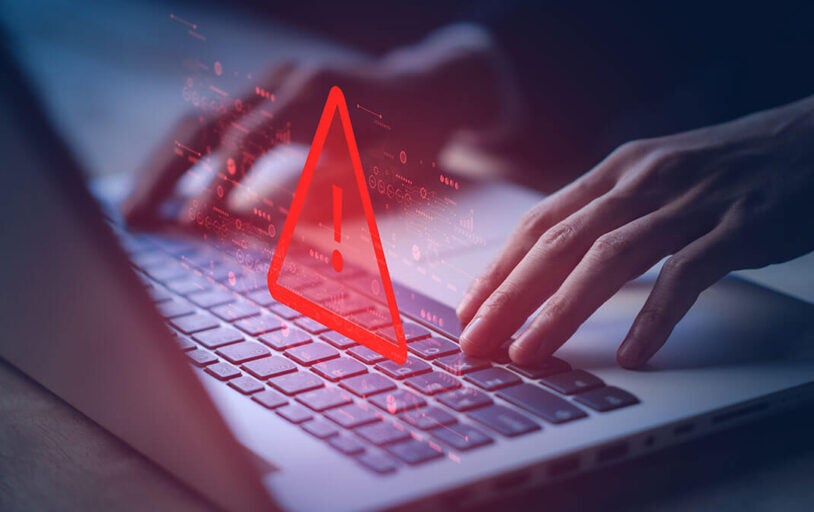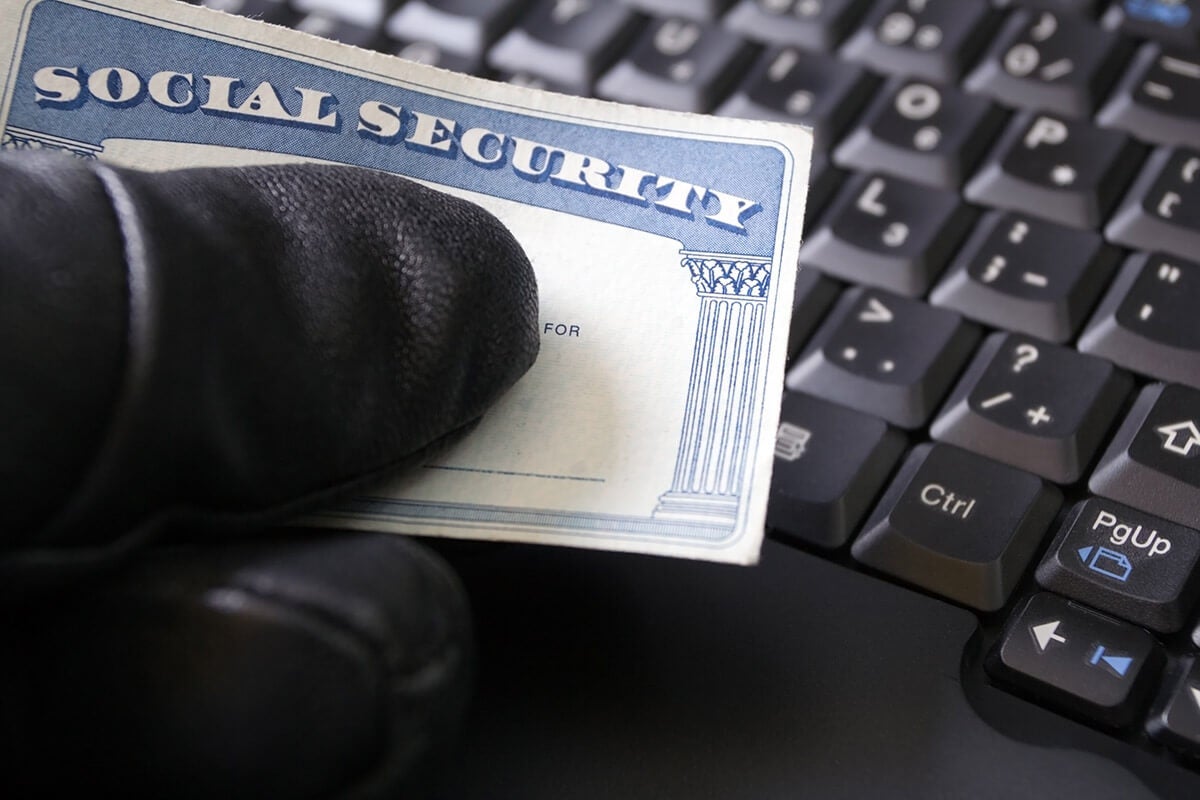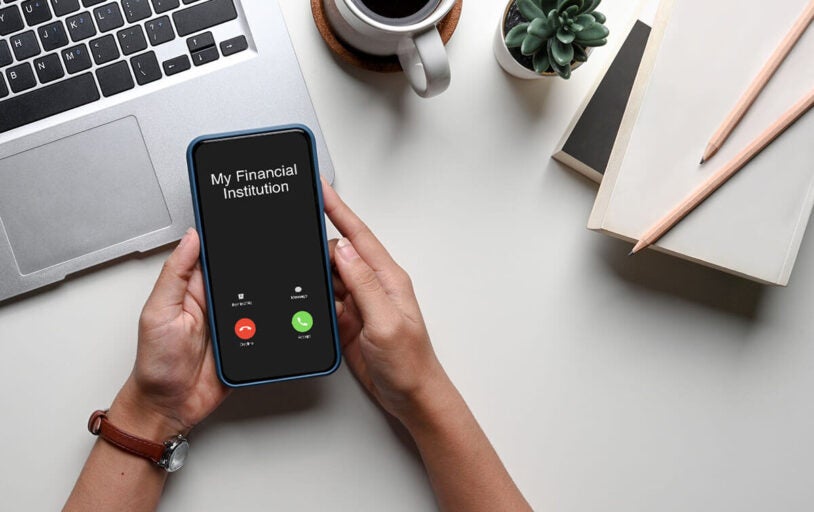
Protect Your Identity During the COVID-19 Pandemic
5/14/2020

It seems like every day we learn of yet another identity theft scam. And now in the age of COVID-19, social distancing and the like, there has never been a stronger need for identity theft protection. While there’s no foolproof way to completely protect yourself, there are a couple of proactive steps everyone can take.
Create and maintain an online account with Social Security.
It’s easy to setup. Just go to www.ssa.gov/myaccount. Even if you’re nowhere near retirement, you will want to review your earnings, mailing address, date of birth, and other essential information. By keeping this updated, you help remove the risk of someone else trying to create an account in your name, even if they have your Social Security number.
Otherwise, a fraudster could use your information to open an account on SSA’s website. If successful, they may then use that account to redirect your deposit benefits to a new address and collect them for years without your knowledge.
Review your credit report regularly.
Normally, your credit report is available for free every 12 months from all three credit bureaus – TransUnion, Experian, and Equifax. However, given the increase fraud and identity theft during the COVID-19 pandemic, consumers can now get a new report once a week through April 2021. To get your free weekly reports, visit annualcreditreport.com and follow the prompts.
Once ordered, be sure to look for any suspicious or inaccurate information. Making corrections and removing negative information from your report can help your credit. If you find discrepancies on your report such as accounts you didn’t open or new cards you didn’t apply for, you may be a victim of identity theft. By detecting identity theft early, can save you hours of time and thousands of dollars.
While monitoring your credit report and setting up an account with Social Security is a great way to monitory your identity and financial accounts, you should also take these extra steps to protect yourself.
- Do not click links on emails or text messages from unknown senders
- Never provide personal information through email or text messages
- When shopping online, make sure you’re on a secured site (look for the “lock” icon on your browser’s address bar)
- Don’t write your social security number on checks – make sure only your name and address appear on checks
Related Resources
-
Read How To Protect Yourself From Social Engineering 
-
Read Why Should You Have Life Insurance When Buying a House? 
Why Should You Have Life Insurance When Buying a House?
-
Read Fraud Prevention - Stay Safe. Stay Aware. 
Fraud Prevention - Stay Safe. Stay Aware.

